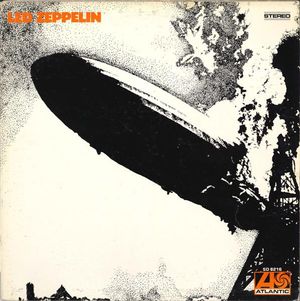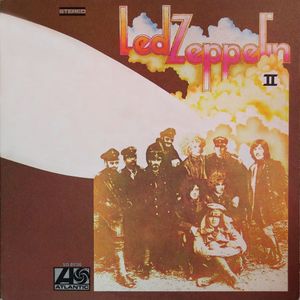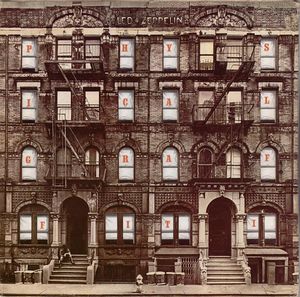

Led Zeppelin
Follow Your Favorite Band Today!
Top Led Zeppelin Community Posts
Story of Led Zeppelin
Led Zeppelin: The Titans of Heavy Rock
Formed in the vibrant London scene of 1968, Led Zeppelin was more than just a band; they were a sonic force. Comprised of the iconic Robert Plant (vocals), the legendary Jimmy Page (guitar), the versatile John Paul Jones (bass and keyboards), and the thunderous John Bonham (drums), they unleashed a sound unlike anything the world had heard before.
Drawing heavily from the blues and folk music that fueled their souls, Led Zeppelin forged a path of their own, becoming the undisputed progenitors of hard rock and heavy metal. Their influence reverberated throughout the music industry, revolutionizing album-oriented rock (AOR) and laying the groundwork for the stadium rock phenomenon.
Emerging from the ashes of the Yardbirds (initially even called the New Yardbirds), Led Zeppelin's journey began with a bold decision: a contract with Atlantic Records that granted them unparalleled artistic freedom. Despite initial skepticism from critics, they rapidly ascended to the peak of musical success, releasing eight groundbreaking albums over a decade.
Their 1969 debut, simply titled Led Zeppelin, stormed the charts globally, boasting classics like "Good Times Bad Times", "Dazed and Confused", and "Communication Breakdown". Their next album, Led Zeppelin II, cemented their dominance, hitting number one and gifting the world with anthems like "Whole Lotta Love" and "Ramble On". 1970 saw the release of Led Zeppelin III, forever etched in history with the opening track, the epic "Immigrant Song".
Led Zeppelin weren't just a band; they were a phenomenon, a cultural earthquake that reshaped the landscape of rock music forever. Their influence echoes in every heavy riff and soaring vocal, a testament to their enduring legacy as titans of the genre.
Frequently Asked Questions
Bands you may like
More Blues Rock Bands
Discover more bands in the Blues Rock genre and explore the diverse sounds that define this musical style.
Browse All Blues Rock BandsMore Bands from United Kingdom
Discover the rich musical heritage of United Kingdom and explore bands that represent the country's unique sound and culture.
Browse All United Kingdom Bands








